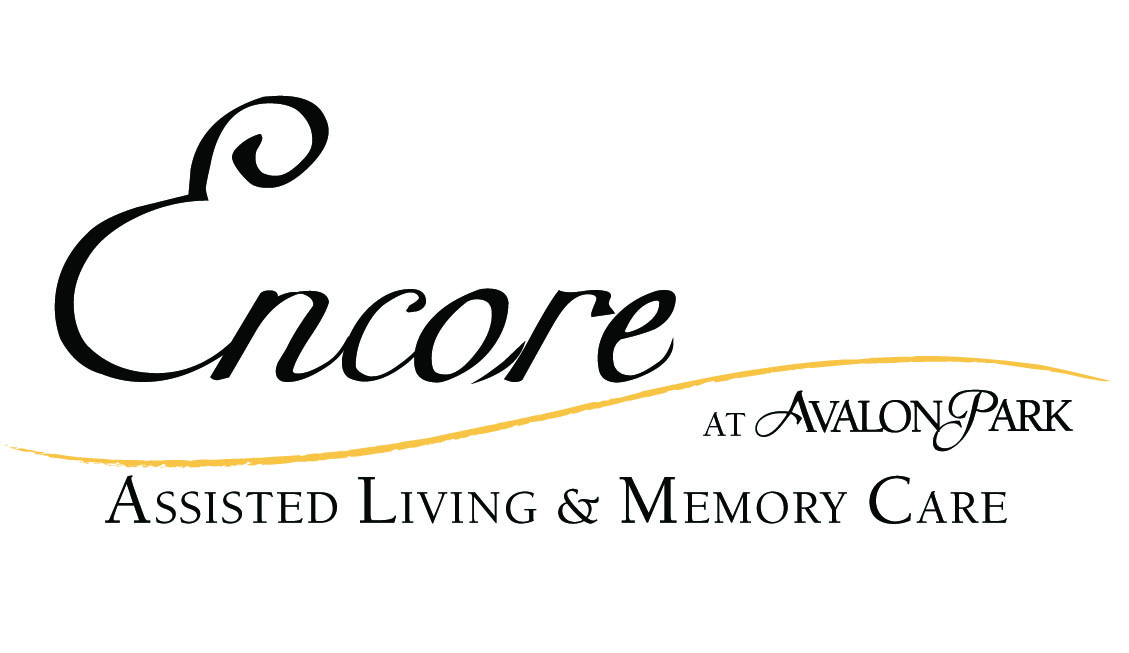How Do You Know When It Is Time for Memory Care
Every loved one will ultimately show signs of old age, but how do you know if their signs are indicative of a more serious condition? Deciding to transition your loved one into any type of residential care can be difficult and hard to admit. However, knowing when it is time for memory care is important for your loved one’s overall health. Here are some symptoms you should stay alert for before making any serious family decisions regarding memory care. 
Symptoms of Dementia
Forms of dementia start out subtle and gradually get worse over time. If you identify symptoms ahead of time, you’ll be more equipped to treat your loved one’s health. Although seniors don’t all experience dementia the same, common early symptoms include:
- Memory loss
- Confusion and disorientation
- Difficulty communicating
- Difficulty with familiar tasks
- Sudden drastic change in behavior
Keeping a close eye on your loved one’s behaviors will give you a better idea of their mental health. Once you notice these symptoms, seek professional help. Visiting your loved one’s primary doctor will give you clarity on where symptoms are coming from.
Concerns for Safety
Dementia victims are notorious for wandering out of their homes and forgetting where they are. Certain house duties like cooking or cleaning can also put them in danger. If you are constantly worrying about your loved one’s safety, then this can be cause for concern. Especially if you find yourself on 24-hour surveillance due to past accidents. As a caregiver, you can only do so much. Your constantly disrupted schedule could be pointing to a need for specialized and long-term care for your loved one.
Decrease in Independence
Take note if your loved one’s house appears unkept. Watch for piling laundry, an overgrown yard, or even expired food. An unkept home can hint that your loved one is physically unable to maintain on their own. If you must assist with basic self-care like grooming or bathing, then their mental decline should be taken seriously. When your loved one drastically loses independence, a memory care center can provide the support they need for everyday care.
Increase in Isolation
As communication becomes more difficult, so does the desire to interact with others. The inability to socialize can often draw feelings of anxiety, withdrawal, and even depression. On the opposite spectrum, it can trigger agitation, anger, and rage. Either way, both lead to isolation. Even lost interest in day-to-day activities can be a sign that your loved one’s mental health is diminishing. If they experience extreme mental behaviors like hallucinations or paranoia, quickly consult with a doctor.
Premiere Assisted Living and Memory Care
Transitioning in memory care can be overwhelming — but it doesn’t have to be. Encore at Avalon creates a special memory care-focused living community that still keeps them connected to loved ones. We go beyond providing basic care and strive to create a sense of home. Call us today at 407-270-7500 to schedule a tour, or for any questions you may need answered.




